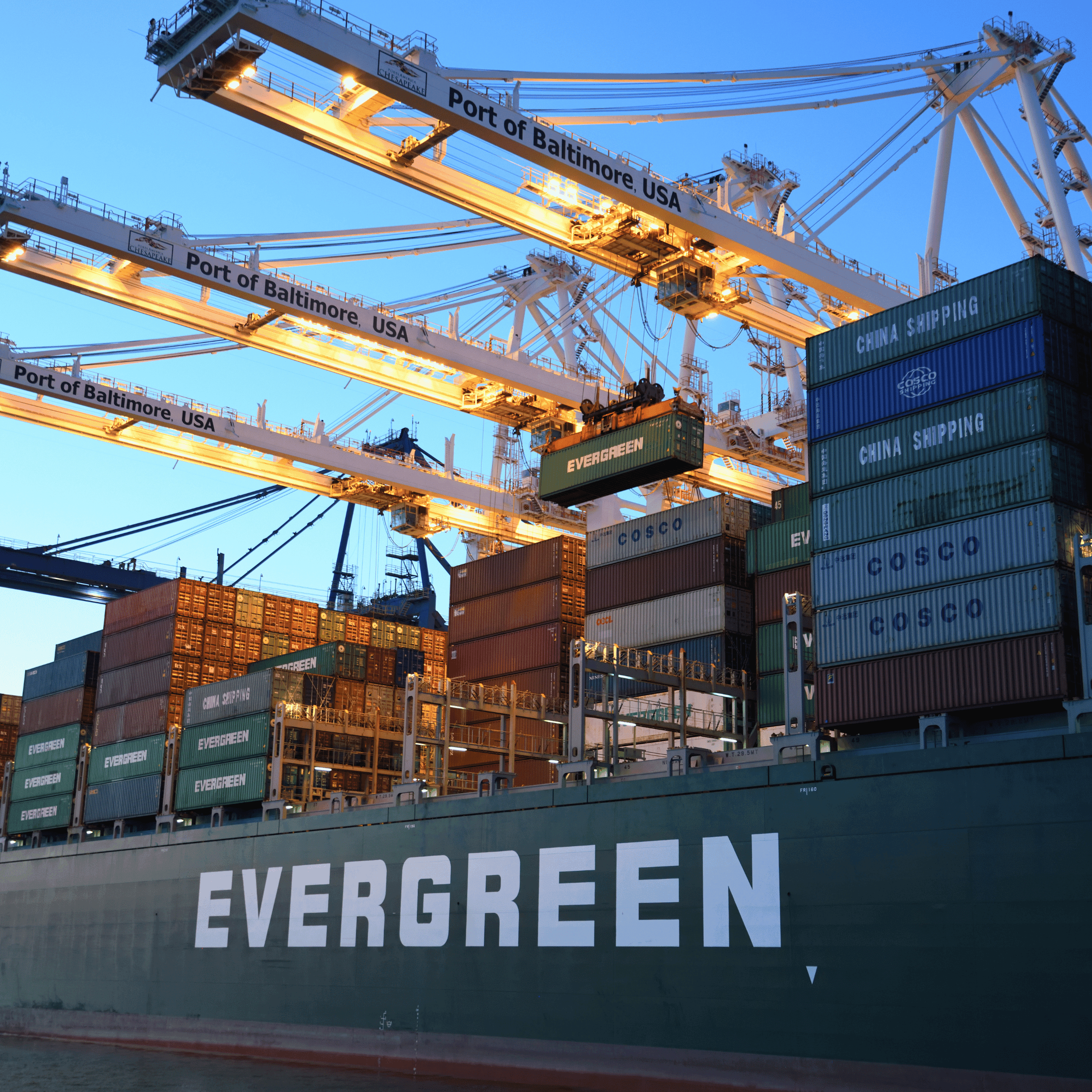In today's globalized ecommerce landscape, many online brands source their products from international manufacturers to cut costs, access specialized materials, or scale more efficiently. While overseas production offers distinct advantages, it also presents complex import challenges, particularly around duties, compliance, and customs clearance. That’s where bonded warehousing comes in.
In this guide, we’ll break down what bonded warehousing is, how it works, and why it’s becoming an essential tool for ecommerce brands importing goods from overseas.
What is Bonded Warehousing?
A bonded warehouse is a secure facility authorized by U.S. Customs and Border Protection (CBP) where imported goods can be stored without the immediate payment of duties or taxes. These warehouses operate under a customs bond, which is a legal guarantee that duties will be paid when goods are withdrawn for domestic use.
Ecommerce businesses can store inventory in a bonded warehouse for up to five years without paying import duties or tariffs until the merchandise enters the U.S. market.
How Does a Bonded Warehouse Work?
The bonded warehousing process follows a structured flow:
- Import
Goods arrive from overseas at a U.S. port and are transported directly to a CBP-approved bonded warehouse instead of being immediately cleared through customs. - Storage Under Bond
The imported products are stored under the supervision of U.S. Customs. During this period, no duties or taxes are due. - Distribution Options
- If goods are eventually sold in the U.S., duties are paid only on the portion withdrawn from the warehouse.
- If goods are exported to another country, no duties are paid at all.
- Customs Clearance Upon Withdrawal
When the ecommerce brand decides to distribute domestically, they declare the goods to customs, pay any required duties, and then fulfill orders from the warehouse.
Key Benefits for Ecommerce Brands
1. Cash Flow Flexibility
Bonded warehousing defers duty payments, improving liquidity. This is especially helpful for ecommerce brands that import large volumes or seasonal inventory.
2. Duty Avoidance on Re-Exports
If part of the inventory is eventually sold internationally, brands avoid paying U.S. duties altogether.
3. Safe and Secure Storage
Bonded warehouses follow strict CBP compliance and offer highly secure storage, protecting high-value goods while in limbo.
4. Streamlined Customs Compliance
Bonded warehouse operators are experienced in navigating CBP regulations, reducing the administrative burden on ecommerce businesses.
5. Scalability for Cross-Border Fulfillment
Bonded facilities support hybrid distribution strategies—brands can ship inventory to the U.S., store it centrally, and fulfill orders either domestically or abroad.
Bonded Warehousing vs. Non-Bonded Warehousing
While non-bonded (or general) warehouses offer basic storage and fulfillment services, they do not provide the duty-deferral advantages of a bonded facility.
Key Differences:
- Duties and Taxes:
- Bonded: No duty paid until withdrawal for U.S. consumption
- Non-Bonded: Duties paid upon arrival and customs clearance
- Export Capabilities:
- Bonded: Export without paying U.S. duties
- Non-Bonded: Duty already paid; no refund
- Customs Oversight:
- Bonded: Strictly monitored by CBP
- Non-Bonded: Operates without CBP control
- Duration of Storage:
- Bonded: Up to 5 years
- Non-Bonded: No legal limit, but no duty benefits
Ideal Use Cases for Ecommerce Importers
Bonded warehousing is especially useful for:
- Amazon FBA and FBM sellers importing high volumes of inventory
- DTC brands with seasonal or pre-launch products sourced overseas
- Companies selling to both U.S. and international markets
- High-duty items such as electronics, apparel, or specialty goods
- Wholesale distributors managing bulk international shipments
How to Get Started with a Bonded Warehouse
- Find a Certified Bonded Warehouse Operator
Partner with a 3PL or logistics provider licensed by CBP to operate a bonded facility. Look for those with experience in ecommerce fulfillment and flexible service options. - Ensure Proper Documentation
Work with a licensed customs broker to handle import documentation, bonded entries (CBP Form 7501), and duty deferment strategies. - Plan Your Import Strategy
Determine how much inventory will stay domestic vs. be re-exported. This affects your total duty obligations. - Integrate Your Fulfillment Workflow
Many bonded warehouses also offer pick-and-pack, labeling, and shipping—streamlining ecommerce operations while your goods remain under bond.
Snapl’s Bonded Warehousing Services
Snapl’s Class 3 Customs Bonded Warehouse, located in South Hadley, MA, is built for ecommerce businesses that import overseas goods and need duty deferral, secure storage, and efficient fulfillment. As an experienced 3PL, we manage your bonded inventory, help navigate customs compliance, and support both domestic and international order fulfillment from a single U.S. location.
We specialize in:
- Bonded storage for ecommerce inventory
- Amazon FBA prep and inspection under bond
- Export fulfillment without duty
- Kitting, relabeling, and product customization
- Customs brokerage coordination and EDI integration
Why Bonded Warehousing is a Competitive Advantage
For ecommerce brands operating across borders, bonded warehousing offers a smarter, more flexible way to manage inventory, cash flow, and global distribution. By deferring duties and streamlining customs processes, it reduces cost burdens and opens up new fulfillment strategies.
Whether you're launching a new product line, expanding internationally, or managing high-duty goods, bonded warehousing can be the key to more efficient and profitable operations.

Ready to cut import costs and simplify customs?
Contact Us





